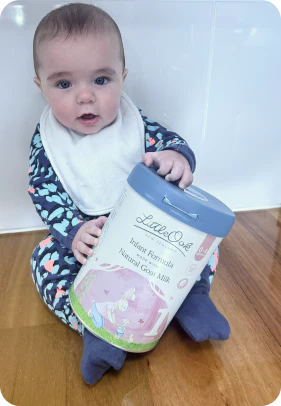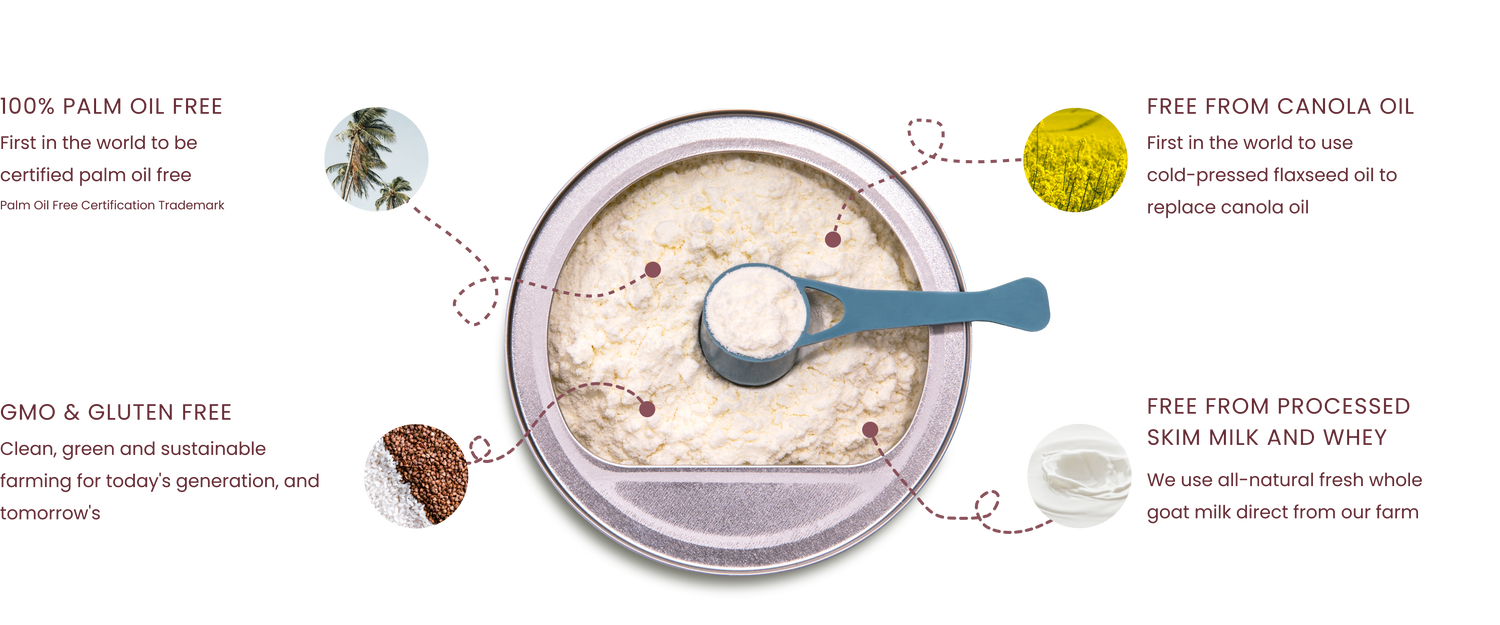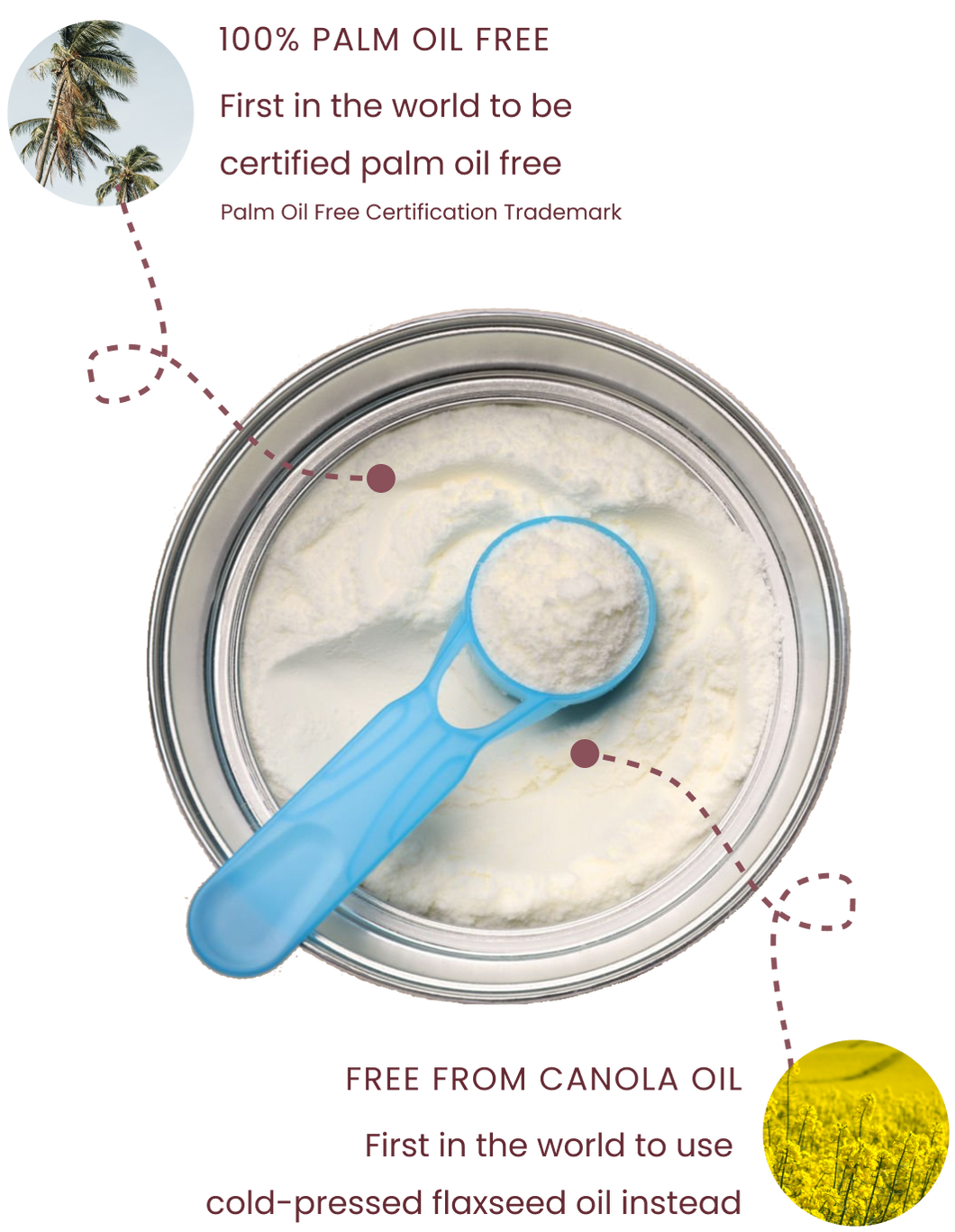While becoming a mother is an incredible and transformative journey, it’s also one that places enormous demands on your body and your mind. For many women, this marathon of motherhood can lead to postnatal depletion, a state of physical and emotional exhaustion coupled with significant nutrient depletion.
What are the symptoms of postnatal depletion?
Postnatal depletion isn’t a single condition, but a collection of symptoms that affect multiple systems in a mother’s body. Symptoms of postnatal depletion include:
- Chronic fatigue/exhaustion, that is not relieved by sleep
- Hair loss/thinning
- Muscle and joint aches
- Frequent illness or slow recovery
- Food sensitivity and digestive issues – including bloating and fluctuating bowel movements
- Absent or reduced libido
- Noise and light sensitivity
- Overwhelm
- Heightened self-doubt/ “inner critic”
- Lack of stress resilience
- Anxiety & hypervigilance
- Constant brain fog and memory loss
Why does postnatal depletion happen?
Physiological changes
Pregnancy, childbirth, and breastfeeding place enormous demands on the body, drawing on stores of essential nutrients that can leave the mother depleted.
Mental load and stress
Caring for a newborn demands constant attention and hypervigilance, which keeps stress hormones like cortisol elevated and can slow recovery. Often seen as the default caregiver, mothers tend to carry an unequal mental load — and too often, without the support they truly need. As a result, fatigue, overwhelm, and constant overstimulation have become normalised in motherhood, rather than recognised as signs that a mother may be running on empty.
Nutrient depletion
Key nutrients like iron, B12, magnesium, zinc, iodine and selenium are heavily used during pregnancy and breastfeeding. If these aren’t replenished, the body can remain in a depleted state.
How do I address postnatal depletion?
Improving nutrient intake
During the postnatal period, it’s important to replenish your body with nutrient-dense wholefoods—including plenty of fruits, vegetables, quality proteins, and healthy fats. Clinical Nutritionist Emma Morris also recommends blood testing to identify any specific nutrient deficiencies. In her experience, common deficiencies include:
- Vitamin B12
- Magnesium
- Vitamin A
- Vitamin D
- Choline
- Iron
- Zinc
- Selenium
- Iodine
- Omega-3 fatty acids (DHA)
Supporting recovery
Asking for help
During the postnatal period, seeking and accepting support can alleviate the pressure and stress that comes with parenting. Reaching out for help from friends and family during this time allows you to rest, focus on recovery and transition slowly into motherhood.
Taking time for rest
Rest is essential during the postnatal period, though it can often feel hard to come by. Try to sleep whenever you can, whether that’s napping when your baby sleeps or sharing night shifts with your partner.
...
LittleOak has been nourishing children for many years and feeds millions of infants, babies and children across the globe each and every day, in countries such as Australia, New Zealand and Singapore. In the US, we’re proud to have our FDA compliant Toddler Milk available for families.




























